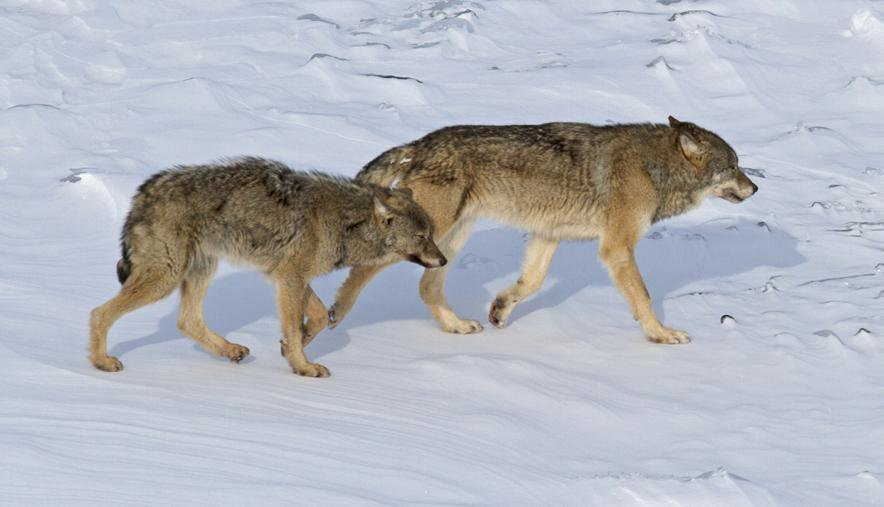I have just watched a "documentary" on a female wolf raising her cubs in the Alps. I found various aspects of the programme less than convincing, but one in particular puzzled me. The alpha male of the pack is killed, and his eldest son takes over as alpha. Whilst the alpha female remains with her dying mate, the programme stated she could not rejoin her pack, as her place had been taken by her daughter. This would mean a brother-sister mating - the female became pregnant very soon - which I find highly unlikely, although perhaps not impossible.
Wikipedia simply states:
Wolves are monogamous, mated pairs usually remaining together for life. Should one of the pair die, another mate is found quickly. With wolves in the wild, inbreeding does not occur where outbreeding is possible.
Wondering if there are any wolf experts on here?

